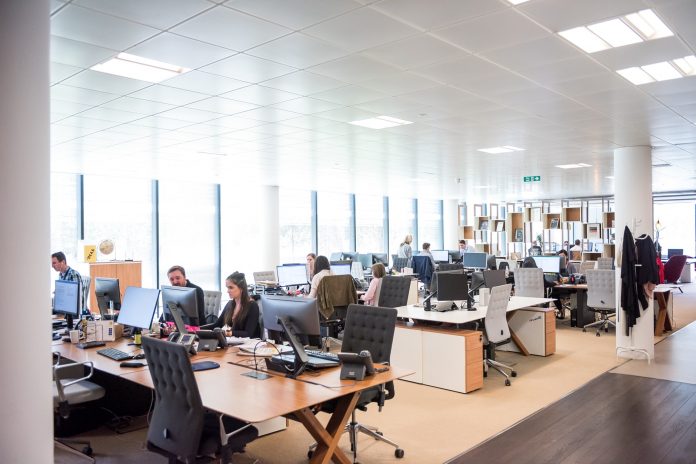The way we work is changing fast; any worker can notice it at a glance. Like traditional work hours and old-fashioned timesheets have become a thing of the past. Thanks to work time apps, we now have powerful tools on our computers and phones to help us manage our work hours and projects and even handle invoicing and payroll. But what does this mean for workers and employers, and how is it reshaping the modern workplace?
Increased productivity and efficiency (but with subtlety)
If you use a work time app, you know that these time-tracking apps offer great benefits, such as automatically tracking work hours to save time and reduce errors. According to TSheets, businesses using time-tracking software saw a 14% increase in billable hours, leading to higher revenue and better project profitability.
Additionally, these apps help users manage tasks by creating to-do lists, setting deadlines, and tracking progress This helps them stay organized and accountable, ultimately boosting productivity.
However, it’s important to be aware of the potential drawbacks. Relying too much on time-tracking data can lead to micromanagement, and employees may feel pressured to manipulate their timesheets to meet productivity expectations.
Improved work-life balance (maybe)
Many work time apps promise to improve work-life balance by giving employees a clear view of their work hours to help them manage their time better and avoid burnout. Some apps even have features like timesheet approvals and overtime notifications to ensure employees aren’t working too much.
But it’s not all that simple. Constantly being aware of work hours through these apps could make disconnecting from work during personal time harder. Also, the pressure to meet productivity goals tracked by these apps might make employees work longer hours to reach those targets, which goes against the idea of achieving a better work-life balance.
Enhanced transparency and trust (depends on implementation)
Tracking work time can help build trust and transparency between employers and employees in the long run. It provides valuable information about project timelines, individual workloads, and team collaboration, which can lead to better resource allocation and project planning.
But trust is an important element. If employers use work time data negatively, it can harm the trust between them and their employees. Hence, it is crucial to have open communication and clear expectations about how work time data will be used to build a trusting work environment.
Data security concerns and privacy issues
Collecting and safekeeping employee work time information raises important concerns about data security and privacy. According to a 2023 report by the Pew Research Center, 72% of Americans worry about the extent to which companies gather data about their actions.
Apps tracking work hours often request access to sensitive details like location and internet browsing history. To protect such employee information, it is much needed to have strong data security measures and clear privacy policies. Moreover, employers should openly communicate how the collected work time data will be utilized and who will access it.
The ethical considerations of work time apps
The conversation around a work time app cannot be complete without addressing its ethical aspects. Here are some key points to ponder:
- Employee autonomy: It’s important to consider how work time apps affect employee freedom and creativity. Constant monitoring can limit autonomy, so balancing oversight and trust is crucial.
- Algorithmic bias: Some work time apps use AI to track work patterns and productivity. Ensuring these algorithms are fair and not disadvantaging certain work styles is essential.
- The right to disconnect: Employees should have the right to disconnect from work after office hours. This means work time apps shouldn’t be used to monitor employees during their personal time.
A collaborative approach
As we have seen, work time apps have become integral to the modern workplace, significantly impacting productivity and efficiency. However, the successful integration of these apps relies on several key considerations.
- It’s important to focus on the quality of work, not just the time spent working.
- Open communication about data use and clear expectations are essential for a successful work time app integration.
- People work in different ways, so it’s important to allow flexibility within the work time app system.
- Strong security measures and strict data privacy policies are crucial for protecting sensitive information.
- Involving employees in choosing and customizing work time apps can lead to more successful integration.
All in all, adopting a collaborative approach that prioritizes both business needs and employee well-being, work time apps can become valuable tools for shaping a more productive, efficient, and balanced modern workplace. By focusing on working together, being open about how we use our time, and doing so fairly and respectfully, employers and employees can make work time apps a powerful tool for creating a more dynamic and sustainable work environment.


